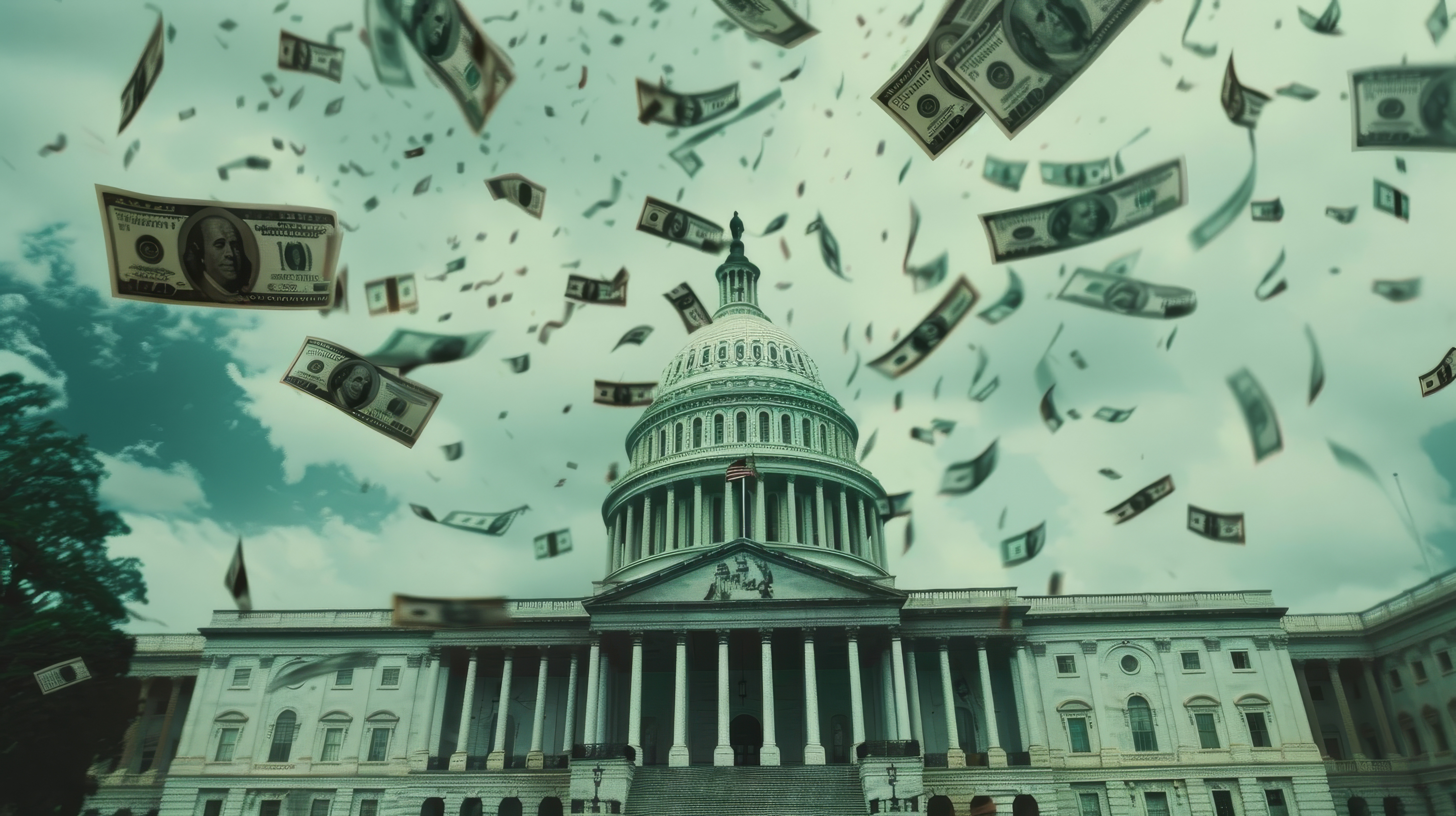24th Oct 2024
Corporate Fascism: The Blurred Lines Between Big Corporations, Banking, Politics, and Public Manipulation
This article provides a compelling overview of the issues surrounding corporate fascism, emphasizing the critical need for public awareness and action.

In the modern landscape of global economics and governance, the term "corporate fascism" has emerged as a controversial yet increasingly relevant descriptor for the entangled relationships between large corporations, financial institutions, and political entities. A form of governance exists where corporate interests dominate and dictate public policy, often at the expense of democratic values and individual freedoms. This phenomenon is all too prevalent in today's world, especially in the arena of globalism as promoted by the World Economic Forum (WEF), the EU, and even political parties in America. This article explores how these relationships create paradigms and behaviors detrimental to citizens, highlighting key examples, theories, and the psychological manipulation involved in maintaining this system. 
Understanding Corporate Fascism
The term "corporate fascism" is often used to describe a scenario where corporations wield excessive power over government policies and societal norms, leading to a synthesis of corporate and state interests. Mussolini famously defined fascism as the "merger of state and corporate power," a definition that resonates with today's reality where corporations often operate with impunity, influencing legislation and public opinion.
The Corporate-State Nexus: Lobbying and Political Influence
A significant mechanism through which corporate interests infiltrate politics is lobbying. According to OpenSecrets, corporations and industry groups spent over $3.5 billion on lobbying in the United States alone in 2020 (OpenSecrets, 2021). This investment translates to a powerful voice in shaping legislation that benefits corporate profit margins over public welfare.
Consider the case of the pharmaceutical industry, which has been able to influence health policy to protect its profits. The 2019 "Bipartisan Budget Act" included provisions that curtailed the government's ability to negotiate drug prices, a move heavily supported by lobbyists from Big Pharma. This policy manipulation affects healthcare costs and exacerbates inequalities within the health system (Sullivan, 2019).
The Role of Banks and Financial Institutions Financial institutions play a pivotal role in this dynamic, often prioritizing shareholder returns over ethical considerations. The 2008 financial crisis is a stark example of this; banks engaged in risky behaviors that led to a massive economic downturn, yet taxpayers bailed them out. This bailout further entrenched the belief that banks operate above the law, creating a culture where corporate malfeasance is tolerated, if not rewarded (Tooze, 2018).
Psychological Manipulation and Public Perception
Manipulating public perception is a key tactic employed to maintain corporate control. Through advertising, media ownership, and strategic messaging, corporations craft narratives that promote consumerism and conformity while undermining critical thinking. In addition, censorship by big tech, news media, and social media platforms, skewed algorithms, and search engine results further exacerbate the problem, tilting public perception and opinion in favor of corporate overlords, profiteers, and centralized government. Such censorship is ultimately a psyop designed to sway public opinion and generate a consensus in defiance of the facts and truth.
Advertising and Consumer Culture
The advertising industry is a primary vehicle for promoting consumerism. According to a report by the American Psychological Association, targeted advertising can shape perceptions and behaviors, often encouraging materialism and dissatisfaction (APA, 2019). This "keeping up with the Joneses" mentality fosters a cycle where individuals feel compelled to consume, often prioritizing corporate interests over their own well-being. The ubiquity of product formats, formulations, and chemistry are examples of advertising creating a false sense of choice among satellite brands peddling the same product with slight differences, squeezing out competition by overwhelming consumers and retailers with redundancy. This serves to help big businesses such as BASF and Monsanto, Bayer and Proctor & Gamble, stockholders and owners like Blackrock, Vanguard, & State Street to set product paradigms and squeeze out entrepreneurial innovation.
Media Ownership and Information Control

The concentration of media ownership further complicates the landscape. A handful of corporations control vast swaths of news outlets, influencing the information that reaches the public. This consolidation of media power creates an echo chamber, reinforcing corporate narratives while marginalizing dissenting voices. As media scholar Robert McChesney argues, this results in a "systematic bias in favor of the interests of corporations" (McChesney, 2013), but also of political parties, movements, and ideologies such as wokeness, social justice, critical race theory, and special interest groups or social movements. Corporations and governments both find ways to capitalize on such movements, often to the detriment of civilization, public safety, peace, and harmony. Societal events such as inner-city riots are often stoked for the purposes of devaluing real estate values of entire blocks and neighborhoods so that corporate vultures can swoop in, purchase the properties at literal fire-sale prices, and redevelop the properties for immense profit according to Katherine Astin Fitts, former US Assistant Secretary of Urban Housing & Development for Housing.
The Creation of False Crises
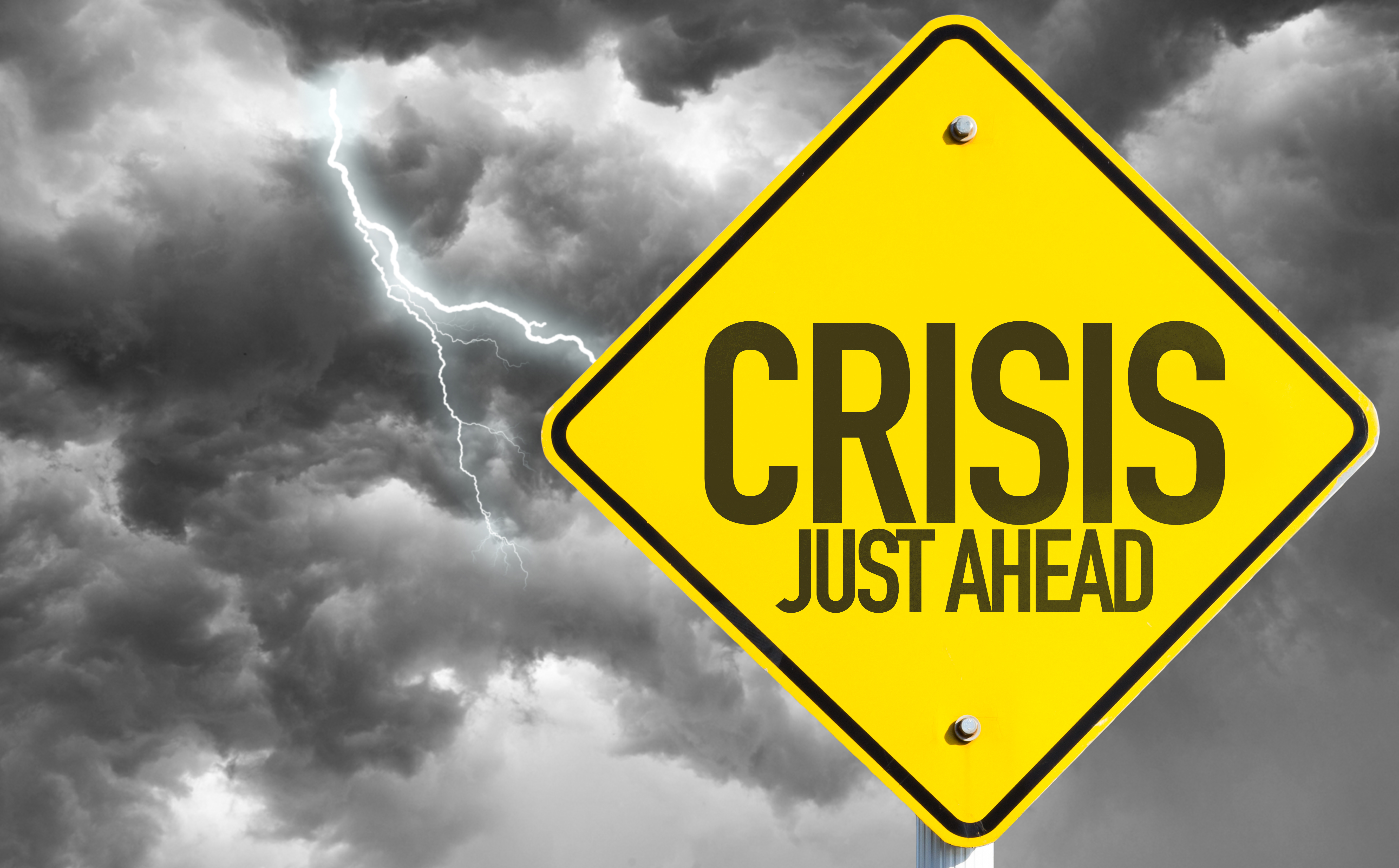
Manufactured crises such as anthropogenic climate change or claims of excess carbon in the atmosphere defy both scientific evidence and logic, yet they are created and aggressively promoted in service to new forms of money, taxation, socialist ideologies, and control of markets in service of leading fascist corporations and government control of populations. Entire secular-style religions coalesce around such ideas, creating tremendous strain and conflict among the populace.
Furthermore, a division is sown by creating racial strife and false claims of inequity, while social injustices are inflated and embellished to control the masses and distort the politics of nations. Multinational corporations play a key role in promoting and reinforcing such illusions and deceptions to profiteers and create new markets for goods and services that are otherwise unwarranted. Readers may have some such deceptions they believe are true, while there are others they reject. Nonetheless, it's mostly a game played by big corporations, NGOs, and the government for the purposes of attaining profits, power, and control.
The Creation of Detrimental Paradigms
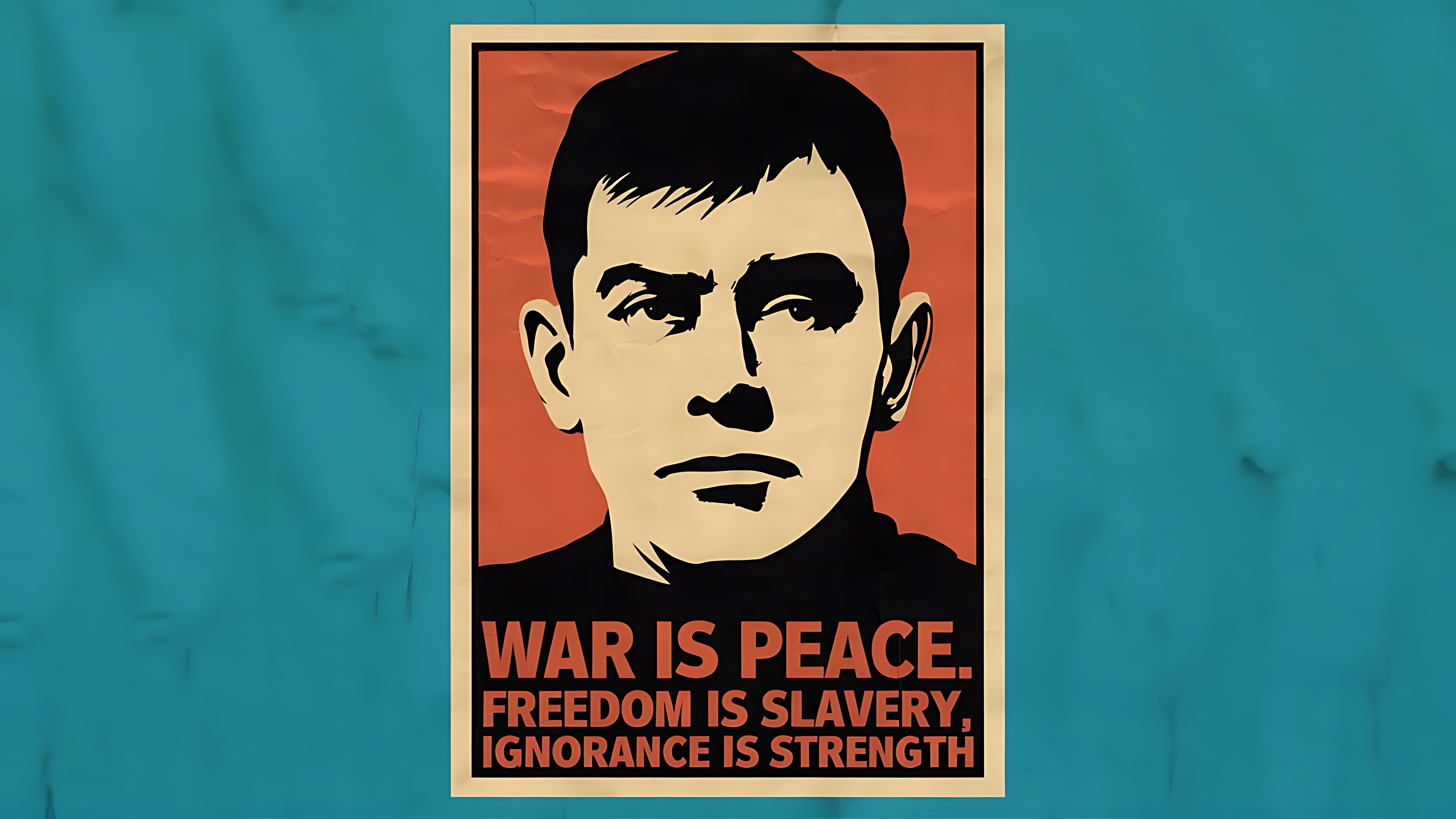
The interplay between corporations, banks, and political structures fosters harmful paradigms that can be detrimental to societal well-being. Many detrimental paradigms arise from strategies found in communist, socialist, and fascist political literature and lectures such as Karl Marx's Communist Manifesto, Lenin's writings, the lectures of Cloward & Piven, and Alinsky’s notorious "Rules for Radicals". The purpose is to subvert capitalism and democracy in a stealth fashion under the guise of environmental activism, sustainability, and social justice. Generally, all such social, political, and economic engineering simply serves to the detriment of the lower and middle classes, the free markets, and economic growth, degrading personal and national sovereignty and personal upward mobility. These causes, solutions put up by such groups, and the resultant models benefit oligarchs, international banks, and financial giants, and the further consolidation of state power where corporate and political fascists get to pick the winners and losers. The result is mass suffering and subjugation of the populace.
The Environmental Crisis
Corporate interests often prioritize profit over environmental sustainability. The alternative energy industry, for instance, has historically overplayed the role of atmospheric carbon in relation to climate change and lobbied for regulations, grants, taxation, public spending, and other boondoggles for the purpose of profiteering off otherwise natural events such as variations in solar and climate patterns over the course of time. The result is a public that is often misled about the urgency of climate action, perpetuating a cycle of "corrective actions" that inadvertently damage the environment, slow productivity efficiency, and drain the public trust financially.
The government has, at times, acted in the public interest, such as when it required factories to add filtration systems to their smokestacks for the purposes of removing soot, toxin-laden ash, and noxious chemical fumes. So, regulations can certainly play a constructive role. However, too often in today's world of globalization, for the purpose of the elimination of the nation-state in favor of a totalitarian world government dominated by corporate interests and oligarchs - the intentions are more often disguised under a false mask of altruism and flipped instead to malevolent purpose and values.

A whole army of ill-informed climate activists, mostly with good intentions, have managed to disrupt and damage commerce as well as ecosystems. Examples include atmospheric geoengineering in the forms of stratospheric aerosol injection (commonly known as chem-trails or spraying of metals and nanoparticles from jets and planes), marine cloud brightening, solar radiation modification (SRM), also known as solar geoengineering or (albedo modification) or sunlight reflection, and atmospheric carbon sequestration (using machines to suck carbon dioxide out of the atmosphere).
Perhaps the two most troubling of these attempts to disrupt mother nature and "compensate" for what is promoted as man's creation of imbalance are stratospheric aerosol injection and sequestration of carbon dioxide. Putting heavy metals and nanoparticles into the atmosphere is poisoning us, our soil, and our waters, contaminating wildlife with aluminum, strontium, barium, and graphene. Heavy metal contamination of the soil and water where it otherwise is not found at the levels currently recorded is disrupting the ecosystem and causing the collapse of insect populations to the tune of over 80 percent, and making it difficult for reforestation plantings to take.
Carbon Dioxide accounts for less not more than 0.04% of the Earth's atmosphere in 2024, it is at a reasonable level to facilitate healthy forests, flora, and agriculture; a bit less could spell crop failures, as greenhouse growers usually keep their CO2 levels at 1,000ppm versus our current 400ppm levels outdoors. The air we exhale is typically 40,000ppm (about 100 times the atmospheric level) and toxic levels of atmospheric CO2 would be about the same 40,000ppm. Since plants need CO2 to survive, the removal of carbon dioxide from the atmosphere by large carbon capture machines may possibly send the Earth into a death spiral. While social pressure, propaganda designed to promote a green tech economy, and pseudo-science to misinform the public causes miseducated politicians and academics to fold under pressure and insist on funding such fool's errands as windmills both on and offshore (killing countless bird populations and disrupting whale migrations). The belief in anthropogenic climate change is passionate among believers of the climate change theory that mysteriously went from “global warming” to “climate change” when models proved both faulty and rigged. Leaders in academia, politics, and corporations are often influenced by financial gain, groupthink, and simply being part of the popular climate change cult. The real science demonstrates that people would do well to consider geothermal, astronomical electromagnetic events, solar activity, and solar cycles as far more impactful drivers of climate than man’s industrial, agriculture, and transportation sectors which have a far greater impact on pollution levels than climate.
Erosion of Worker & Civilian Rights
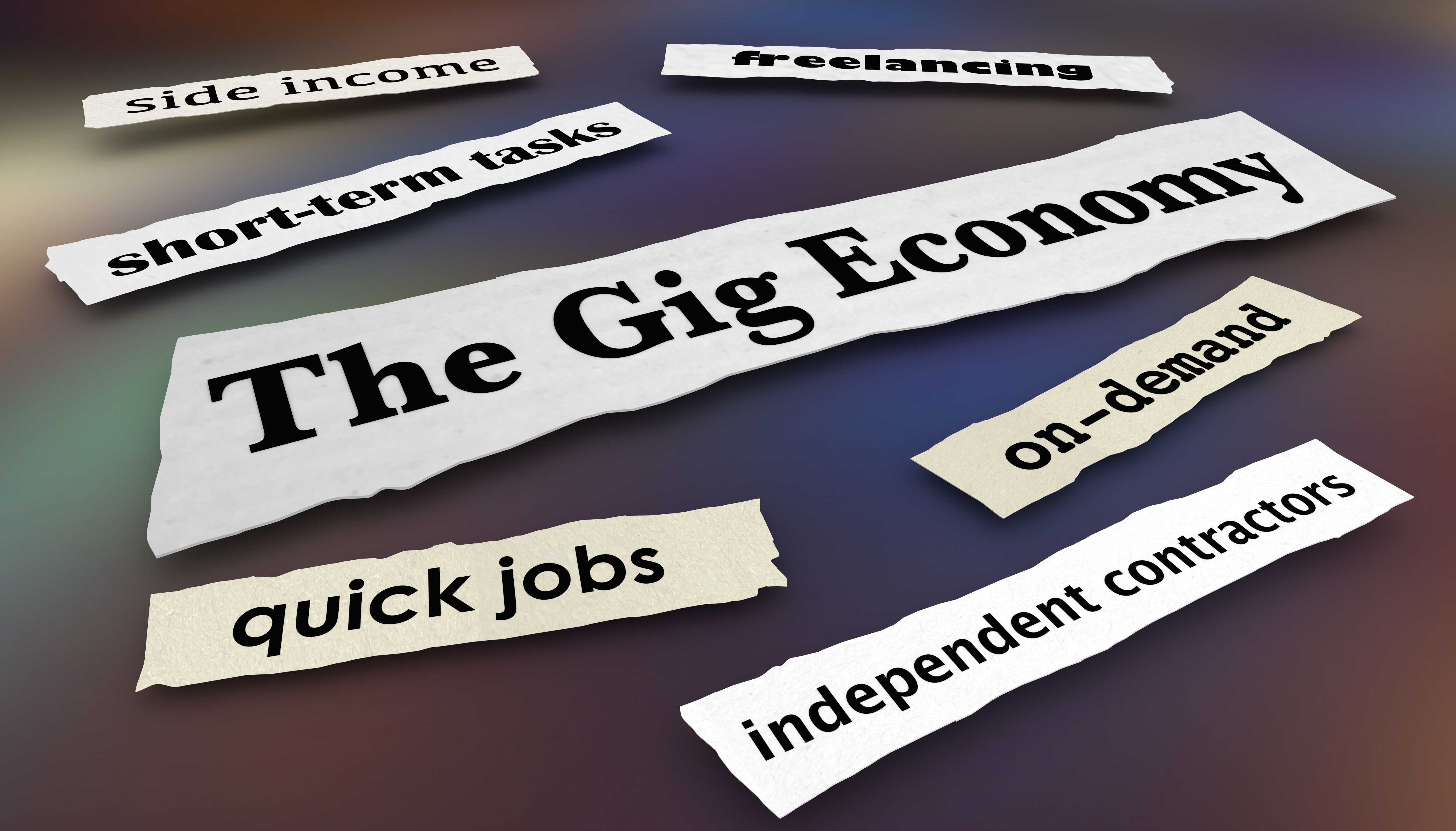
Another alarming trend is the erosion of worker rights in favor of corporate profits. The gig economy exemplifies this shift, where companies like Uber and Lyft classify workers as independent contractors, denying them benefits and job security. This model not only exploits workers but also creates a race to the bottom in labor standards (De Stefano, 2016). Likewise, governments and NGOs that promote mass migration, illegal immigration, and human trafficking degrade the economies, wages, and job markets of otherwise sovereign nations. They also monetize human suffering by supporting the trafficking of people, especially women & children, raising crime rates, degrading public health and safety, eroding the cultural identity of nations, subverting political institutions, destroying civil norms, and creating a scarcity of goods and services. Effected cities and towns experience unsustainable and explosive population growth and choked infrastructure, which in turn raises prices of both commodities and properties, further enriching oligarchs and corporate fat-cats at the expense of all others.
Conclusion: The Call for Awareness and Action
Corporate fascism presents a significant challenge to democratic principles and societal well-being. The blurred lines between corporations, banks, and politics, coupled with sophisticated strategies for public manipulation, create an environment where citizen interests are often sidelined.
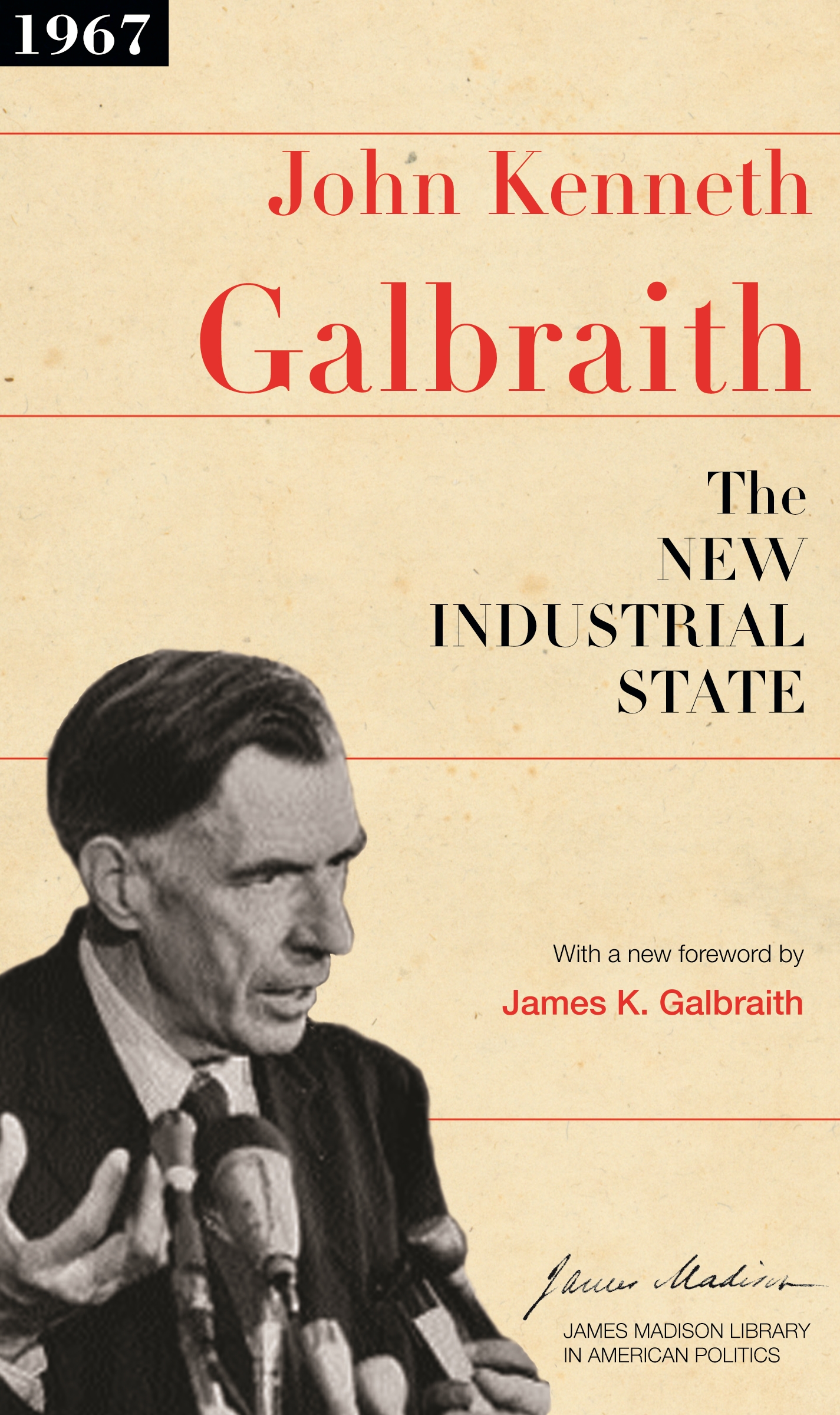
You can be assured that whether it is the foods available at the grocery store, the monetary policies of the government, the lending policies of banks and credit card companies, the chemicals used to treat surfaces in your home and workplace, the prescription drugs available and the exorbitant price of medical treatment, the military-industrial complex and the wars we participate in, or the parroting of the mainstream media talking heads - it's all deeply influenced by corporate fascism. The admitted economic blueprint of the Democrat party for decades is aptly detailed in what has become their handbook, The New Industrial State, by John Kenneth Galbraith. Anyone questioning my description of corporate fascism and my pinning of it on the Democrat party (and I will say equally, several factions of the Republican Party, such as Neocons, RINOS, and Globalists) should read Galbraith's book.
As citizens, it is crucial to foster awareness and demand accountability from both corporations and governments. Advocacy for transparency in lobbying, media ownership, and corporate practices is essential to reclaim democratic values. Only through collective action and informed engagement can we begin to dismantle the structures that promote corporate fascism and work toward a society that prioritizes the well-being of its citizens over profit.
Toxic Products & Big Business versus Compassionate Entrepreneurship
From companies with literally NAZI roots to toxins intentionally injected into our food and water to the finish coating choices in the big box, paint, and hardware stores – corporate fascism is one of the main drivers of the options we find in the marketplace. They limit choice through dominance, acquisition, subterfuge, and generating consensus no matter how illogical or foolhardy, as long as it's profitable to them. Remember, what is most likely detrimental to you is highly profitable to them. Refuse to participate whenever possible!
There are small businesses and innovative natural products emerging that swim upstream against the tides of corporate and political forces, which often serve to protect monopolies and corporate interests. These businesses are creating honest, toxin-free products without deception, standing firm in the face of opposition from corporatists, globalists, and the misinformed masses. Despite the smears and attacks, they continue to push forward for the benefit of those willing to see and understand the truth. Kudos to both these companies and their discerning customers!
So, next time you're selecting a finish for your project—whether it's your floor, deck, fence, home, cabin, metalwork, or sculpture—pause and ask yourself, "Am I blindly following corporate agendas?" When choosing foods and snacks, ask, "Can I make a healthier choice?" The answer is yes. Choose products like Odie’s Oil and Mr. Cornwall’s Super-Duper Oil. Also, do yourself a favor when making food choices and opt for natural, wholesome foods free from chemical additives. Support innovative companies that prioritize your health and well-being, rather than succumbing to the profit-driven motives and propaganda of corporate overlords.
References
- American Psychological Association (APA). (2019). "The Impact of Advertising on Consumer Behavior."
- See: www.GeoEngineeringWatch.org ; www.GeoEngineeringMonitor.org ; and simply Google - "GeoEngineering atmospheric"
- De Stefano, V. (2016). "The Rise of the Gig Economy: A New Challenge for Labor Law." Comparative Labor Law & Policy Journal.
- https://clowardandpiven.com (A outlines their blueprint for subversion through deception)
- McChesney, R. (2013). "Digital Disconnect: How Capitalism is Turning the Internet Against Democracy."
- OpenSecrets. (2021). "The 2020 Lobbying Spending." Center for Responsive Politics.
- Katherin Austin Fitts, https://home.solari.com
- Sullivan, M. (2019). "Pharmaceutical Lobbying: The Politics of Prescription Drugs." Health Affairs.
- Tooze, A. (2018). "Crashed: How a Decade of Financial Crises Changed the World."
- Galbraith, J.K. (1967) "The New Industrial State", Princeton University Press , you can see an overview here: https://press.princeton.edu/books/paperback/9780691131412/the-new-industrial-state



